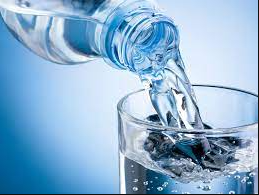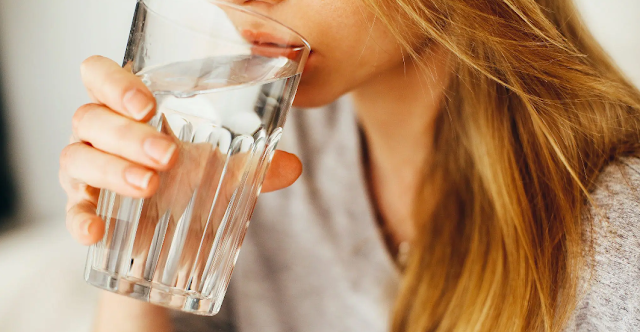Introduction
Staying hydrated is essential for maintaining optimal health and overall well-being. While drinking water is the most common and effective way to stay hydrated, there are alternative methods that can help ensure proper hydration. This article explores various strategies and alternatives to drinking water, providing valuable insights for those looking to maintain hydration levels without solely relying on plain water.
Understanding Hydration

Water plays a crucial role in our bodies, aiding in digestion, circulation, temperature regulation, and nutrient absorption. The human body is composed of approximately 60% water, making hydration essential for its proper functioning. The daily recommended water intake varies, but generally, it is recommended to consume about 8 cups (64 ounces) of water per day.
Hydrating Foods and Beverages
Stay Hydrated with Soups and Broths
Soups and broths not only offer warmth and comfort but also provide hydration. Clear soups, such as chicken or vegetable broth, contain water and electrolytes that can replenish fluids in the body. Vegetable-based soups, like tomato or minestrone, are also excellent options to increase your hydration levels while enjoying a nutritious meal.
Hydrating with Juices and Smoothies
Freshly squeezed juices from fruits and vegetables are not only refreshing but also a source of hydration. Juices like watermelon, cucumber, or citrus blends can be consumed as a hydrating alternative. Smoothies made with a combination of fruits, yogurt, and even coconut water can also contribute to your daily hydration needs.
Incorporating Hydrating Snacks
Snacks that have a high water content can be a convenient and tasty way to stay hydrated. Water-rich fruits, such as grapes, apples, and peaches, can be consumed throughout the day. Vegetables like bell peppers, cherry tomatoes, and snap peas are also hydrating options that can be enjoyed as snacks.
Hydration through Electrolytes
Electrolytes are essential minerals that play a crucial role in preserving the delicate balance of fluids within the human body. Natural sources of electrolytes include coconut water, which contains potassium and magnesium, and bananas, which are rich in potassium. Including these electrolyte-rich foods in your diet can contribute to your overall hydration.
Staying Hydrated with Watery Fruits
Certain fruits have a high water content, making them an excellent choice for staying hydrated. Watermelon, cucumbers, and citrus fruits like oranges and grapefruits are hydrating options that can be enjoyed on their own or incorporated into salads or desserts. Including these watery fruits in your daily diet can help maintain hydration levels.
Hydrating Infused Water Recipes
Hydration from Herbal Teas
Herbal teas are a popular choice for those seeking a hydrating alternative to water. Chamomile, peppermint, and hibiscus teas are refreshing options that can be enjoyed hot or cold. Not only do herbal teas provide hydration, but they also offer additional health benefits depending on the herbal blend.
Hydration Strategies for Active Individuals
href="https://blogger.googleusercontent.com/img/b/R29vZ2xl/AVvXsEib_3gHkEyp9u9rmnK5M6Mia5n8iLVu0SMXJJ5Hs2Hm5mGOBseXu0nZZTEAj1_UCZx0Y36HgQD2Ah3w9d2vA9IbfRZpvTUy50-2nStd9B5s7Fh1wnAL6mkSI5anChDcESCRbAaC6za8xKtHkBmR2659FeRDHjYsyQsVguKBgSuu2PyNj-iHbL1l8o5Y/s278/Hydration%20Strategies%20for%20Active%20Individuals.png" style="margin-left: 1em; margin-right: 1em;">
Hydrating Alternatives for Those with Water Sensitivities
Hydration and Overall Health
Dehydration can have adverse effects on various bodily functions and overall health. It can lead to fatigue, dizziness, impaired cognitive function, and even more severe health issues. By maintaining proper hydration levels, you can support your body's vital functions and promote optimal health in the long run.










Comments
Post a Comment